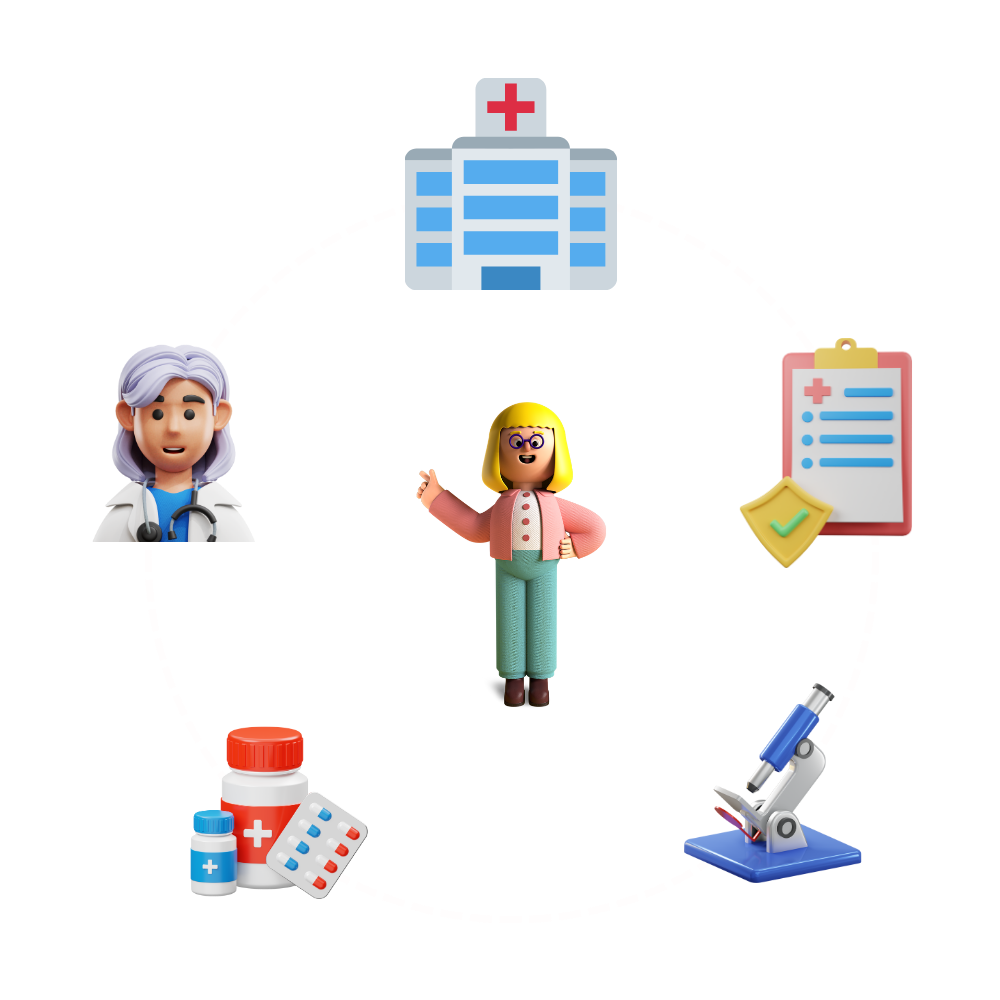Interventional cardiologists are medical doctors who specialize in performing invasive procedures to diagnose and treat heart and cardiovascular diseases. They use catheter-based techniques, which involve threading thin, flexible tubes called catheters through blood vessels to reach the heart and blood vessels.
Some common procedures that interventional cardiologists perform include:
- Angioplasty - Opening narrowed or blocked coronary arteries to restore blood flow to the heart.
- Stenting - The placement of a small metal mesh tube, called a stent, inside a blocked or narrowed artery to help keep it open and improve blood flow.
- Peripheral vascular intervention - Opening narrowed or blocked blood vessels in the legs, arms, or kidneys.
- Structural heart intervention - Procedures that repair or replace heart valves, close holes in the heart, and repair other cardiac defects.
- Atherectomy - Removal of plaque build-up from blood vessels using specialized devices.
Interventional cardiologists also use specialized diagnostic techniques such as intravascular ultrasound, optical coherence tomography, and fractional flow reserve to evaluate the condition of the blood vessels and the heart. In addition to performing procedures, interventional cardiologists also work with patients to manage their condition and recovery and may work in coordination with other healthcare professionals such as primary care physicians, nurses, and non-invasive cardiologists, such as clinical cardiologists, to provide comprehensive care. They work in a variety of settings such as hospitals, clinics, and private practices.
 Drlogy
Drlogy







